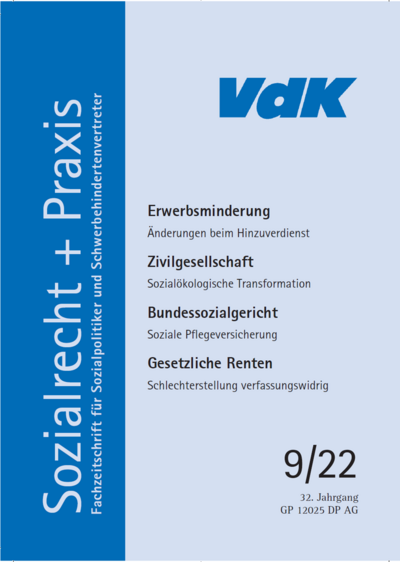Shaping the socio-ecological transformation in a just way Taking stock and analysing existing alliances
In view of the worsening climate and biodiversity crisis, rising economic inequality and increasing social suppression, the need for a far-reaching socio-ecological transformation across all fields of action is increasingly gaining attention in politics and civil society. In this context, civil society interest groups have a key role to play as "mediators" between the state and society in driving forward integrated approaches that combine the ecological and social dimensions. This requires new alliances as well as platforms for exchange between the various associations in order to bring together the different logics of action, focal points and issue-specific activities in a joint negotiation process. At the same time, the question increasingly arises to what extent associations think about intersectionality and diversity within their own organizations, which is a key condition for a just transformation. The authors therefore take stock of existing alliances, analyze their developments and characteristics, and identify inhibiting and facilitating factors. As a result, the authors outline the dynamic development of civil society alliances and the increasing differentiation of types of alliances and alliance activities. Among the preconditions for alliance formation are internal recognition of the relevance of the socio-ecological transformation, strategic considerations about the positioning of the alliance, and organizational adjustments. The new alliances are searching for better opportunities to influence policy. Increasingly, action field-specific alliances or regionalization strategies are also being considered in order to become more "practice-relevant" in specific contexts. For the future, both overarching processes of understanding and alliances specific to fields of action are necessary, even if they are in a certain field of tension with each other. The development of alliances can be advanced by supporting the processes of understanding, capacity building and the development of institutional structures.



